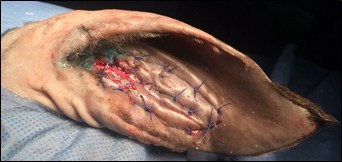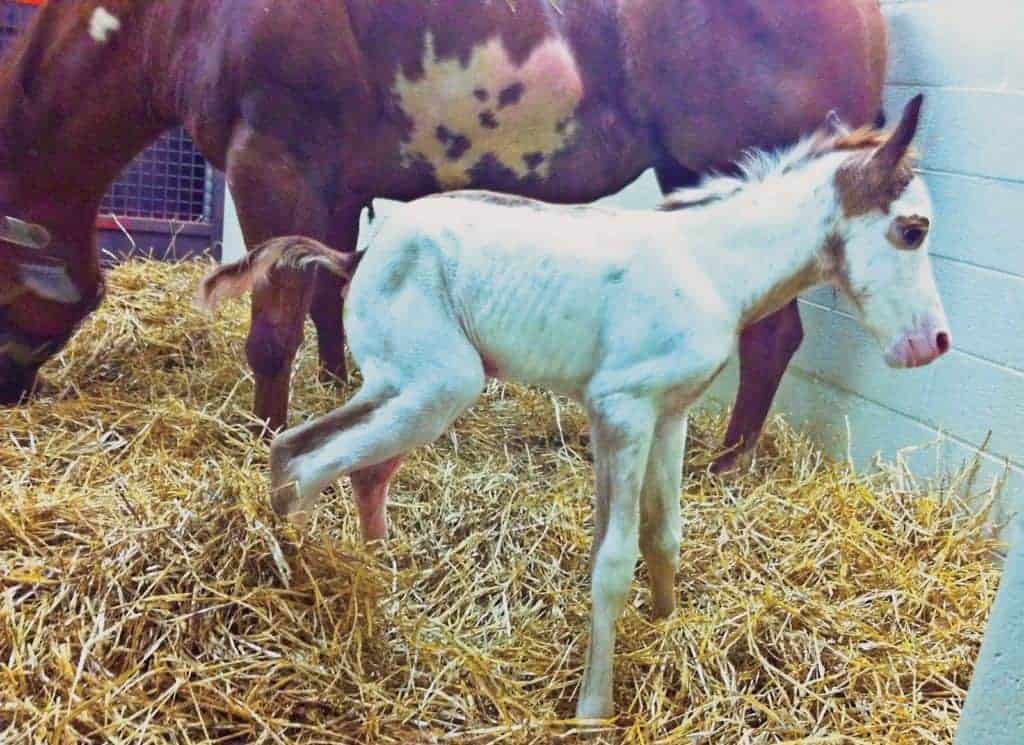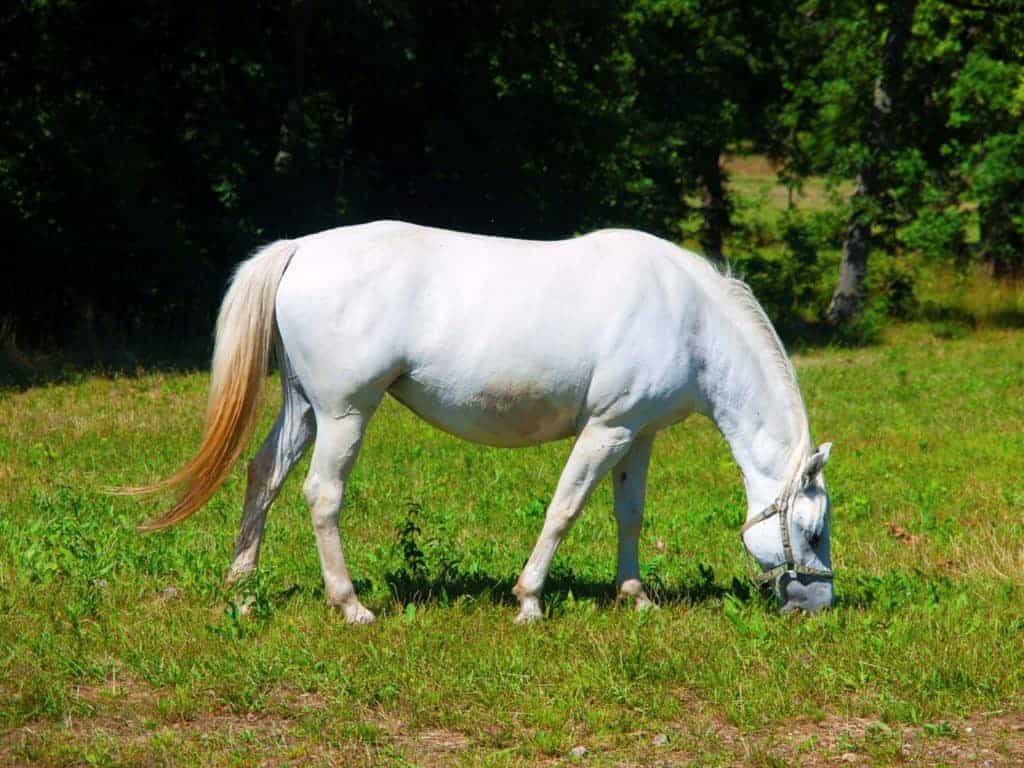
How Broodmare Nutrition Affects Her Foal
Researchers found that over- and underfeeding can affect foals’ bone growth, metabolism, and testicular development.
News and issues for equine health professionals

Researchers found that over- and underfeeding can affect foals’ bone growth, metabolism, and testicular development.

Follow Tess, a 16-year-old mare, step-by-step as she rehabs from a bought of PPID-related laminitis.

Researchers concluded that MRI can effectively show pituitary gland and pars intermedia size, as well as small details not readily visible on CT scans.

Obtaining an accurate diagnosis is key to managing pituitary pars intermedia dysfunction. Here are the pros and cons of PPID tests, old and new.

Foals with lesions had reduced peak vertical forces in the affected limb, suggesting reduced weight-bearing.

Equine otohematoma is an uncommon ear condition affecting horses of all ages. Here’s what to know about it.

Learn to recognize and treat this condition that can threaten foals within the first 24 hours of life.

Learn the latest on diseases horses can get from ticks and why they continue to frustrate veterinarians and researchers.

Researchers found that obesity appears to negatively impact mares’ follicles and oocytes and, thus, their fertility.

The OIE has described management “pillars” to keep most diseases at bay for high-health, high-performance horses.

Sonoelastography can help vets monitor healing and develop rehab programs best-suited for the horse’s recovery rate.

Horses with noninfectious respiratory disease had much lower SAA concentrations than horses with infectious disease.

Xylazine, detomidine, and romifidine appear to have few effects on lameness exam results when used without butorphanol.

Dr. David Horohov, UK Gluck Equine Research Center director, gives a overview of vaccines and explains their importance.

The mainstays of biosecurity still center around good hygiene, diagnostics, quarantine, isolation, and traffic control.

This could encourage the use of targeted deworming programs to help reduce parasite resistance, scientists said.
Stay on top of the most recent Horse Health news with
"*" indicates required fields